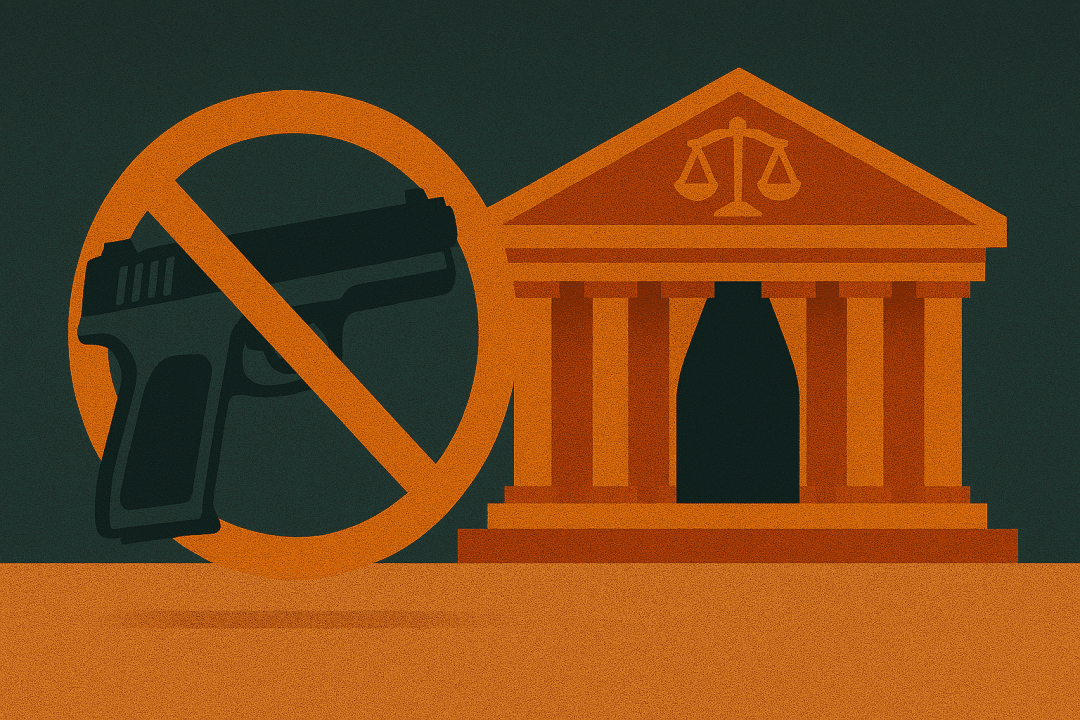Key Firearm Restrictions in “Sensitive Places” Remain in Effect Across New York

The U.S. Supreme Court has declined to hear a case challenging New York’s strict gun law. This decision keeps major parts of the Concealed Carry Improvement Act (CCIA) in place, including rules that limit where people can carry firearms and how they qualify for permits.
The move follows a 2024 ruling by the 2nd U.S. Circuit Court of Appeals, which upheld several parts of the law. Although some provisions were struck down, the court left most of the law untouched.
What the Ruling Means for Gun Owners
The decision allows New York to continue enforcing rules that define “sensitive locations” where guns are banned. These areas include:
- Government buildings
- Schools and places of worship
- Hospitals and healthcare centers
- Entertainment venues, bars, and polling places
- Times Square
In addition, applicants for concealed carry permits must prove they have “good moral character.” This standard includes the ability to use a firearm responsibly without endangering others.
Which Parts of the Law Are Still Blocked?
While the court let most of the law stand, it left two parts blocked:
- A rule that banned firearms on private property open to the public
- A requirement to submit social media account information when applying for a license
These provisions were found to overreach, especially in terms of privacy and public access.
Why This Case Was Important
After the court’s 2022 Bruen decision, which expanded gun rights nationwide, states like New York responded with new legislation. Lawmakers aimed to maintain public safety without violating the Second Amendment.
The six residents who brought this case wanted the court to rely strictly on gun laws from 1791, when the Second Amendment was ratified. However, lower courts considered historical context from the 1800s as well. This broader view played a key role in the outcome.
What This Means Nationally
Although the Supreme Court has strengthened gun rights in recent years, it still supports certain restrictions. This case is the latest example.
Here’s what else the court has done recently:
- Upheld regulations on “ghost guns” in March 2025
- Allowed gun bans for people under domestic violence restraining orders
- Struck down a federal ban on “bump stocks” in 2023
These rulings show the court’s willingness to balance gun rights with public safety concerns.
What’s Next for New York Gun Owners?
New York residents applying for a concealed carry permit must continue to follow current rules. This includes providing character references and avoiding restricted areas when carrying a firearm.
Legal experts expect more challenges to gun laws in other states. However, for now, New York’s key firearm regulations remain in full force.
Bottom line: The Supreme Court’s refusal to intervene leaves New York’s firearm restrictions largely untouched, signaling continued support for certain gun control measures—even in a post-Bruen legal landscape.
